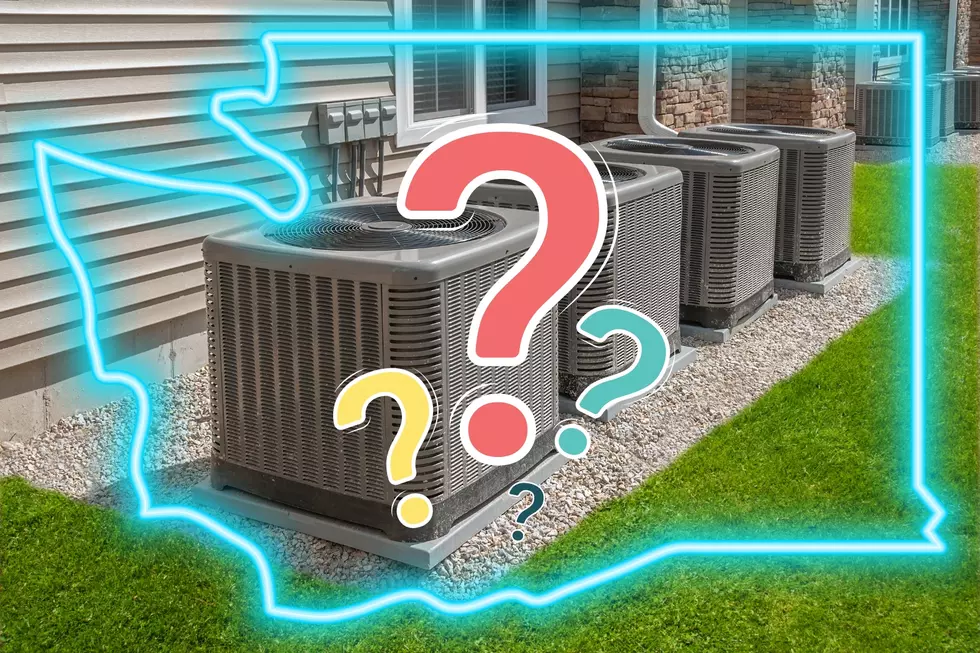
1 in 5 Pee in Water, Know How to Spot a Clean Pool
One in five Americans admit to peeing in the pool, which is not only disgusting it messes with the chlorine balance, meaning that we may not actually be protected against the things that are really harmful like recreational water illnesses. Chlorine can be affected by all sorts of little things from our body or the environment that mess with the disinfecting chemical levels of the pool.
According to a brochure put out by the Centers for Disease Control and Prevention, a healthy pool doesn’t smell. If you think you’re smelling chlorine, you’re really smelling the chemicals that come from the chlorine mixing with too much poop, pee and sweat in the water.
Chlorine can cause some irritations to the skin but will most likely not actually poison you if you just happen to swallow some pool water. A pool that is well-kept should have chlorine levels that are less than what is found in drinking water.
Most incidents of chlorine poisoning come from swallowing or inhaling the actual disinfectant. Chlorine can dry out the skin causing itchy red skin with hives and can cause skin conditions like dermatitis to become worse. Frequent exposure to chlorine could also make allergies worse or even increase the risk of allergies and asthma.
Water Quality and Health gave some quick tips on how to tell if you’re swimming in a clean pool. These tips have to do with your senses: make sure you can see through the water to the bottom of the pool clearly, listen for mechanical pumps circulating the water, make sure you do not smell any harsh chemicals, feel the side of the pool for cleanliness rather than grime, and do not drink the water.




